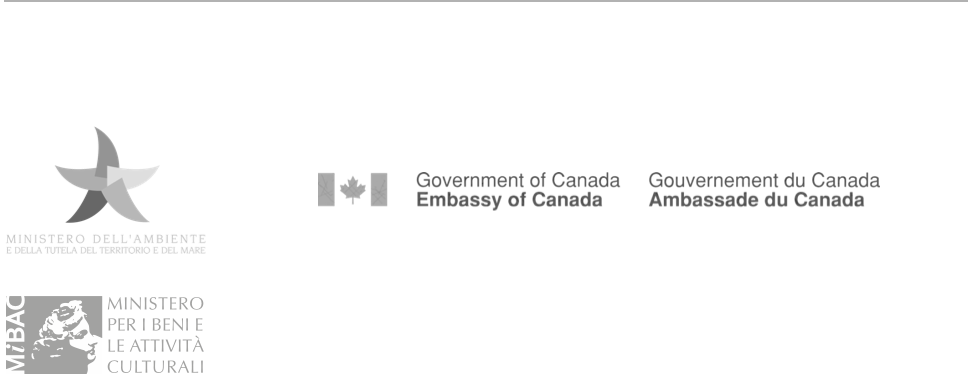Human activity is leaving a pervasive and persistent legacy of our occupation on this planet Human influence on geological successions commenced many thousands of years ago. However, the most pronounced change in many global trends occurs in the mid-20th century, a time referred by some as the ‘Great Acceleration’. It is proposed that these most recent modifications warrant recognition as a new geological time unit – the Anthropocene Epoch. Colin Waters discusses the history of research into the term and particularly describes the activities of the Anthropocene Working Group, the body established to investigate the validity of the term and to record the scale and reach of this human impact on geological strata. Evidence, presented here, includes the vast increase in excavation of minerals and metals and generation of associated waste materials; the rapid appearance of many new materials, including plastics and artificial radionuclides from the atmospheric testing of nuclear devices; the increased use of fossil fuels; the presence of a global trace of plastics microparticles and fly ash.
Colin Waters, University of Leicester (UK)
Anthropocene Working Group (Secretary)
Free admission, upon reservation.

Foto: Edward Burtynsky, Makoko #2, Lagos, Nigeria, 2016
© Edward Burtynsky, courtesy Admira Photography, Milan / Nicholas Metivier Gallery, Toronto
July 1 @ 18:30
18:30 — 19:30 (1h)
MAST Auditorium
Talk


